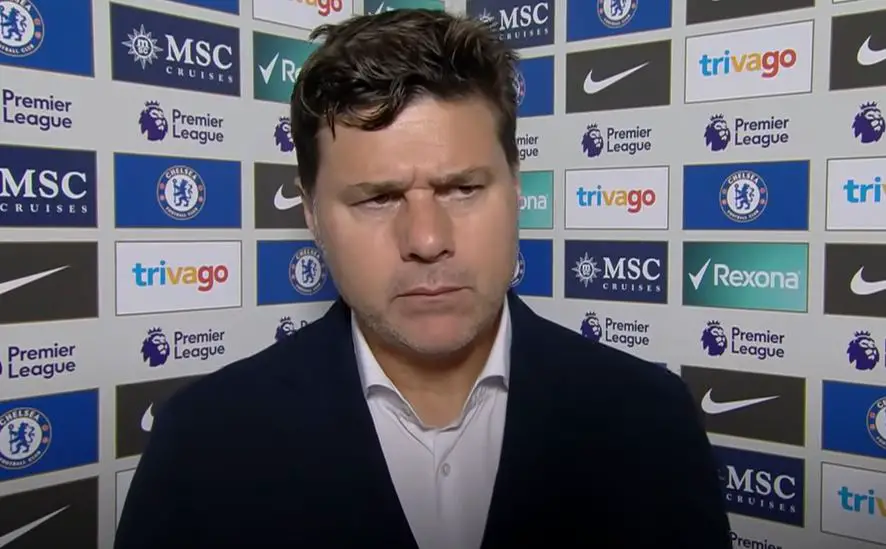Is Pochettino already under pressure at Chelsea? Analyzing his rocky start, Chelsea’s splurge on new talent, struggle to score goals, and the team’s poor start in Premier League.
The road seems rocky for Mauricio Pochettino, Chelsea’s new player in the hot seat. Despite his stellar reputation from his tenure at Southampton and Tottenham, the Argentinean manager appears to be swimming against the tide with Chelsea languishing at 14th in the Premier League.
The club’s staggering investment of over £1 billion in new talents since its acquisition by Todd Boehly and Clearlake Capital last May has yet to pay off, with a run of three losses and two draws in their opening seven games. The club’s adoption of long-term contracts as a strategy to secure its top performers – while in compliance with UEFA’s financial fair play rules – adds an extra layer of complexity.
It’s clear that Pochettino is facing immediate issues with a team finding it hard to make the most of dominating play and scoring goals. And the relative progress at his former club Tottenham under the new manager, Ange Postecoglou, seems to cast a lengthening shadow over his current challenges at Chelsea.
Chelsea’s Poor Start to the Season
As a football enthusiast, it’s impossible for you to ignore what is currently going on at Chelsea. You may feel a sense of intrigue, disbelief or even worry as you consistently find Chelsea on the wrong side of the scoreline. Mauricio Pochettino, the man at the center of these happenings, finds himself under immense pressure due to the club’s poor start to the season. There’s little doubt this is far from what Pochettino must have envisioned.
The feverishly energetic Argentine, Pochettino, celebrated for his stints at Southampton and Tottenham, has unfortunately made an underwhelming start at Stamford Bridge. It’s been a rather rocky transition for him, surely defying his own expectations of success. Let’s take a closer look at the matches that have contributed to this challenging situation.
So far, Chelsea’s record reads three losses and two draws in their first seven games. Remember, this is a club that, until recently, held a reputation as one of the toughest to beat in the Premier League. The matches have exhibited a seemingly disjointed team, struggling to find the rhythm necessary to win games in what is arguably the most competitive league in the world.
Chelsea currently sits 14th on the Premier League table, hinting at the team’s unsettled composition. The most discerning Chelsea fans must already feel a pang of worry with their team’s performances. The stakes are high and it’s crystal clear that things can’t continue this way without repercussions.
The Club’s Takeover and Spending Spree
No discussion about Chelsea’s recent plight is complete without mentioning the club’s change in ownership. In May, Todd Boehly and Clearlake Capital took over the reins at Chelsea, in a deal that electrified the English football community.
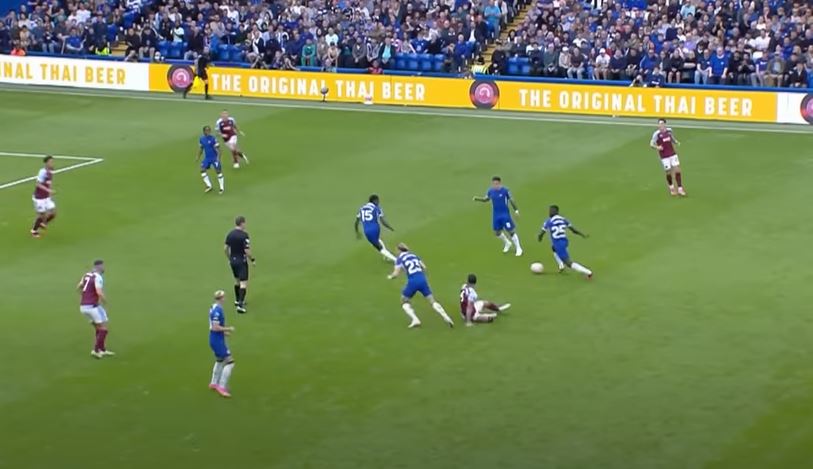
Indeed, when Boehly and Clearlake Capital took over Chelsea, one of the richest clubs in the worlds, it was celebrated widely by football enthusiasts for the potential positive impact on the English football landscape. The new management came with a promise of injecting significant capital to acquire new talent and usher in a new era of sustained success at the club.
True to this promise, the club subsequently spent an eye-watering sum exceeding £1 billion on new talent, painstakingly sourced from across Europe and beyond. The club’s bold moves in the transfer window were indicative of a steely resolve to rebuild Chelsea into a team capable of dominating European football once again.
Interestingly, the new management at Chelsea took a rather unconventional approach in their long-term contracts strategy. Every player, regardless of age or experience, was offered contracts lasting up to eight years. This bold move signals a display of trust in the talent chosen, and a willingness to patiently build on player development over time.
Pochettino’s Inconsistent Results
Despite the massive investment and talent influx, results on the soccer pitch have not matched the initial optimism. Pochettino, despite his esteemed reputation, finds himself at the sharp end of these demanding expectations.
Even as the players learn to gel together and understand Pochettino’s football philosophy, negative results have eroded the initial excitement that his appointment triggered. The team seems to be struggling with the basic tenets of controlling matches and scoring. These issues, if not addressed urgently, will continue to cost Chelsea valuable league points.
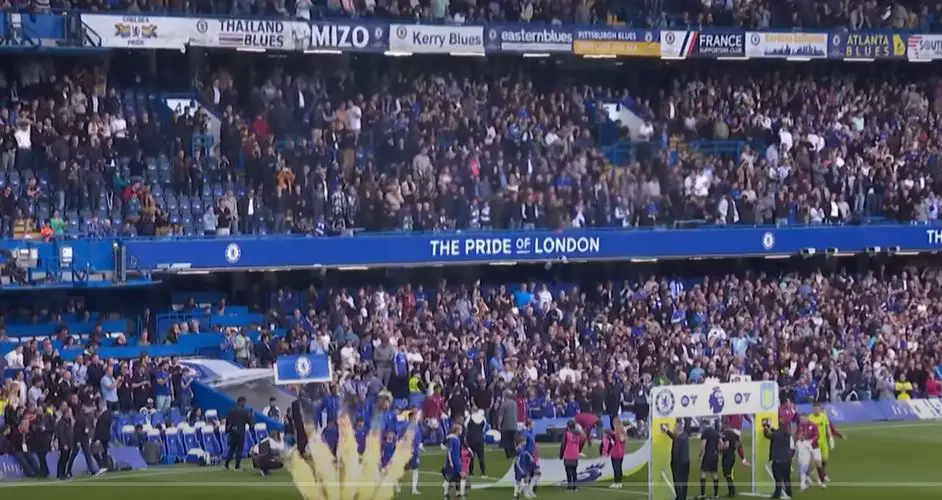
Through his successes at Tottenham and Southampton, Pochettino proved his mettle as a motivator and tactician. However, his inability to recreate similar success at Chelsea is causing concern among fans, pundits, and undoubtedly, the Chelsea ownership as well.
One of the biggest concerns is Chelsea’s inability to capitalize on dominating play and scoring goals. Despite periods of possession and control in games, Chelsea has been unable to convert these periods into goals, the lifeblood of winning matches. Essentially, without delivering results, the worth of beautiful football and possession becomes largely academic.
UEFA’s Financial Fair Play Role
UEFA’s financial fair play rules, aimed at bringing about a more level playing field, have had an influence on Chelsea’s recent strategies.
It’s clear that Chelsea’s spending spree and long-term contracts strategy are ways to comply with UEFA’s rules while maintaining a competitive edge. It shows a resourceful adaptation by Chelsea’s management, ensuring that while they spend big, they also do it within the limits of the governing body’s rules.
A significant advantage of locking key players into long-term contracts is the reduced risk of losing top players on free transfers. This not only assures Chelsea’s fans of the continued presence of their favorite players but also provides the club with valuable reassurances as they plan for future endeavours.
A pertinent question is whether these rules have implicitly affected Chelsea’s performance. Has the concern over balancing the books influenced key footballing decisions? It’s not entirely clear, but there’s definitely room for such speculation among the football community.
Implication of Changes Across the Club
Indeed, the series of changes across Chelsea have had far-reaching implications.
Starting from the very top, with a change of ownership and continuing down to the squad’s composition, Chelsea has undergone a structural reshuffle. This restructure, while essential for long-term success, has inevitably brought its own set of challenges that the club must navigate.
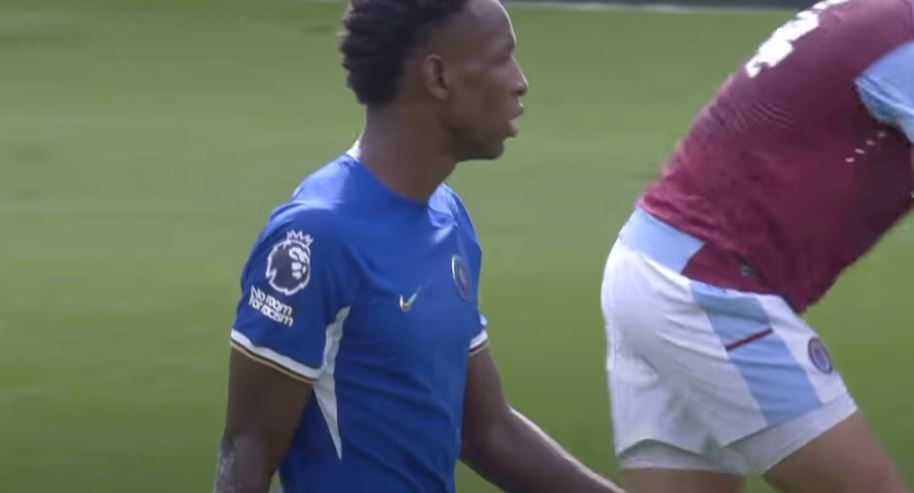
Unquestionably, time is needed for a squad to mature and blend under a new structure. However, in the fast-paced world of football, patience wears thin quickly and victories are demanded instantaneously. This adds a considerable amount of pressure on Pochettino’s managing skills and the entire team’s performance.
While long-term goals are critical, it’s essential to score some quick wins and establish a rhythm. The biggest challenge for Pochettino and his team is to strike a balance between meeting immediate expectations and working towards their long-term vision for Chelsea’s grand resurgence.
The Tottenham Factor
Pochettino’s past success with Tottenham is not helping to lighten the mood around Chelsea, given the current changes at his former club.
While Chelsea is grappling with its issues, Tottenham has embarked on a promising trajectory under new manager Ange Postecoglou. This improvement only serves to cast a harsher light on Pochettino’s struggles at his current club.
Under Postecoglou, Tottenham appears rejuvenated and is playing an exciting brand of football. As Chelsea struggles, comparison with the commendable job done by Tottenham’s new management is essentially obligatory.
The dichotomy of these form lines only amplifies the pressure on Pochettino. His ability to turn things around at Chelsea is under a magnifying glass, and his past successes at Tottenham serve as a glaring reminder of what Chelsea fans expect but aren’t currently receiving.
The Dilemma of Long-Term Contracts
Contracts typically ensure stability, but in an ironic twist, they have presented quite a dilemma at Chelsea.
The prevalence of long-term contracts drastically reduces the flexibility to make significant changes in the squad. Therefore, it puts the onus mainly on the manager to get the best out of his existing resources.
This scenario, as you’d expect, piles on even more pressure on Pochettino. Management must be wondering if they need to make an exception to their long-term outlook and make a managerial change.
With players locked in long contracts and the likelihood of swift squad changes reduced, the only major change then becomes the manager’s replacement. This is indeed a daunting prospect, not to mention an expensive one, for the Chelsea management.
Is it Too Early to Pressure Pochettino?
The ensuing million-dollar question becomes, is it too soon to pressure Pochettino?
The debate inevitably focuses on expectations of instant gratification versus perseverance for the long-term development of the team. It’s a delicate balance to manage, one that needs informed judgement and, surprisingly, a good measure of patience.
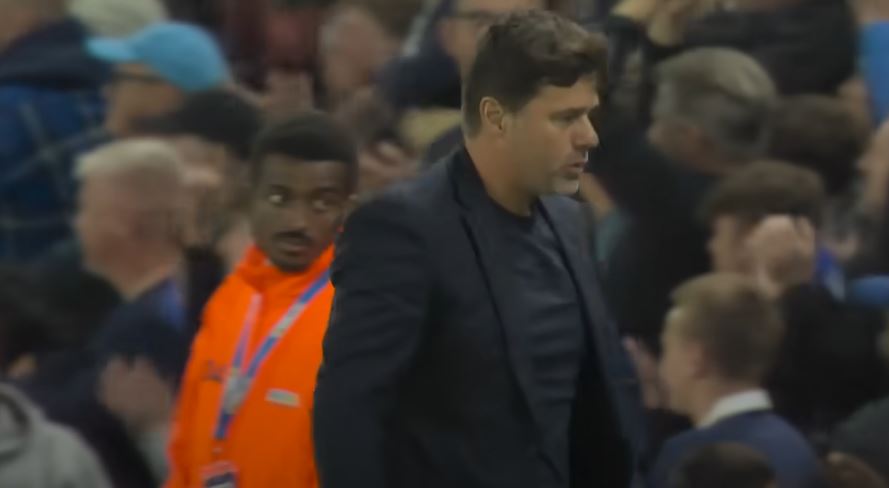
Bearing in mind Pochettino’s past performances, there is significant hope that he can rise above the turmoil and guide Chelsea to better results soon. He has shown at his previous clubs that he possesses the tactical acumen and man-management skills needed to achieve success.
So, can the situation be turned around? The fact that this question is being asked is illustrative of the current state of affairs at the club. It remains a balancing act between faith, patience, and the uncompromising demand for victory in the near term.
Possible Consequences for Pochettino
No calming thought, however, can deny the potential consequences that loom over Pochettino.
The pressure undoubtedly casts a dark shadow over Pochettino’s job security. His position hangs in the balance with each passing game, and his future at Chelsea appears more uncertain with every disappointing result.
Should Chelsea’s performance remain inconsistent, Pochettino’s career reputation could take a hit, a thought that will certainly be on his mind as he works to get things right at Chelsea.
Discussions around his possible successors only serve to compound the pressure on the Argentine manager. The mere mention of prospective new managers is indicative of the high stakes at play.
The Effect of this Pressure on the Players and Club
Indeed, this pressure doesn’t exist in a vacuum. It seeps into the fabric of the club, affecting the players and the entire staff.
The team isn’t immune to such a high magnitude of pressure either. It’s likely to affect their performance on the pitch, something Pochettino needs to manage carefully to avoid further dips in their form.
The ongoing drama also stands to impact team morale and cohesion. The assurance of long contracts could either cement their unity or, contrary, inspire complacency.
The ultimate question is whether the pressure is triggering more damage than improvement. It needs careful understanding and management to ensure that the pressure, in fact, breeds resilience and fosters improved team performances.
Chelsea’s journey in this season is proving to be a compelling narrative, a brutal reminder of football’s unpredictable nature. Rest assured, all eyes will be on them and on Pochettino as they look to navigate their way out of their existing predicament and reclaim their place among the titans of English football.

